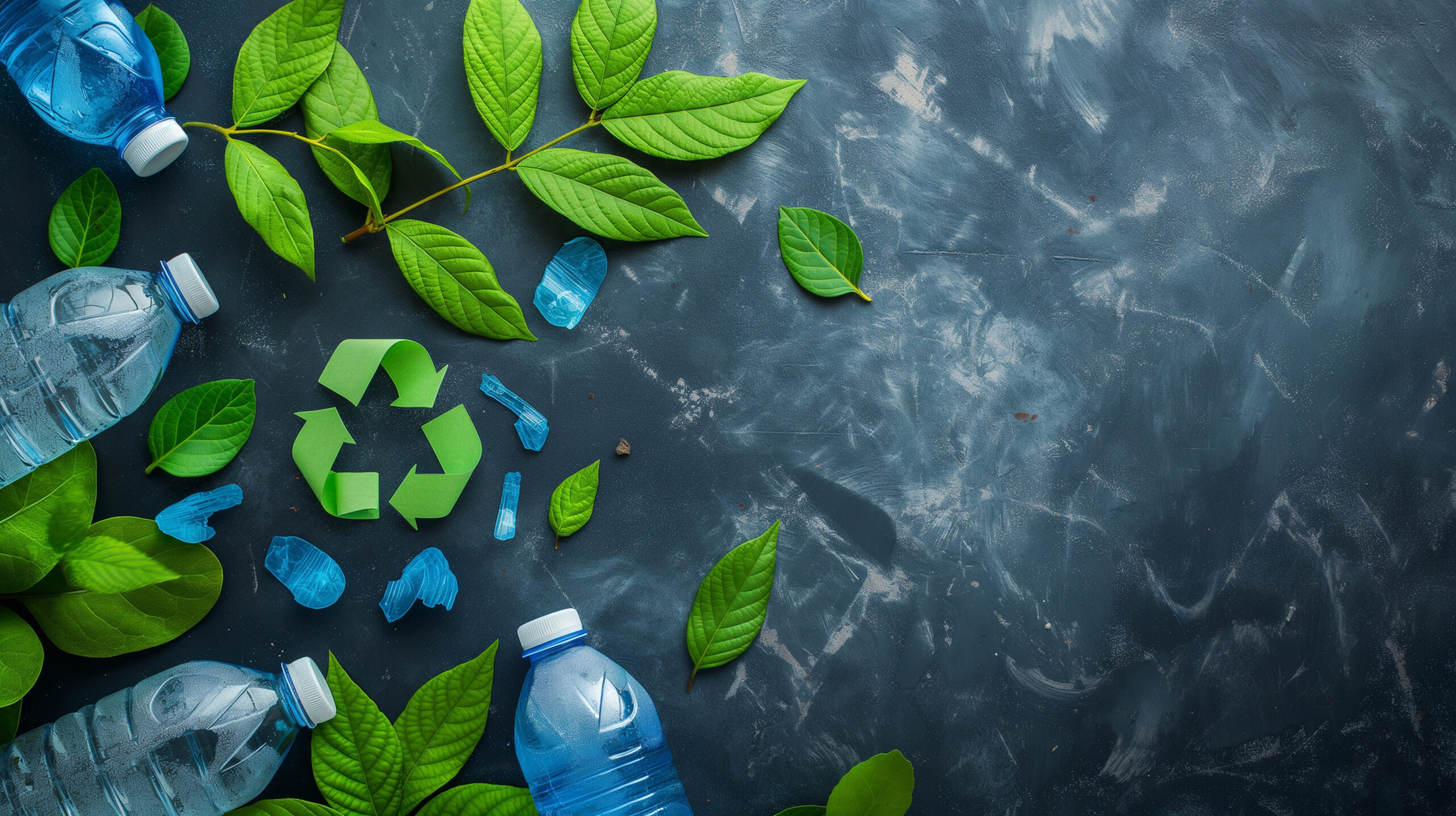
Proper garbage collection is a crucial aspect of maintaining environmental health and sustainability in any community. In Madison County, a region that prides itself on its natural beauty and commitment to sustainability, the importance of effective waste management cannot be overstated. This article explores the impact of proper garbage collection on Madison County’s environment, highlighting the benefits of a well-organized waste management system and the challenges that the county faces in maintaining these standards.
Preserving Natural Beauty and Biodiversity
Madison County is known for its picturesque landscapes, including rolling hills, lush forests, and pristine waterways. Proper garbage collection plays a vital role in preserving this natural beauty. When waste is not properly collected and managed, it often ends up in rivers, lakes, and forests, leading to pollution that can devastate local ecosystems. Littering and illegal dumping are particularly harmful, as they introduce non-biodegradable materials, such as plastics, into the environment, where they can persist for centuries.
By ensuring that waste is regularly collected and disposed of in designated facilities, Madison County can protect its natural habitats from pollution. Proper garbage collection also reduces the risk of harm to wildlife, which can become entangled in or ingest plastic waste. Animals, such as birds, fish, and mammals, are particularly vulnerable to the effects of pollution, and their health is directly linked to the cleanliness of their environment.
Moreover, maintaining clean and healthy natural areas contributes to the county’s biodiversity. Madison County is home to a wide range of plant and animal species, many of which rely on specific habitats that are sensitive to environmental changes. Effective waste management helps to maintain the balance of these ecosystems, ensuring that the county’s rich biodiversity is preserved for future generations.
Preventing Water and Soil Contamination
One of the most significant environmental impacts of proper garbage collection is the prevention of water and soil contamination. When waste is not properly managed, hazardous materials can leach into the soil and groundwater, leading to contamination that can affect both human health and the environment. In rural areas of Madison County, where agriculture is a key industry, contaminated soil can have serious consequences for crop production and food safety.
Proper garbage collection helps to prevent this by ensuring that hazardous materials, such as batteries, chemicals, and electronic waste, are separated from regular household waste and disposed of in facilities designed to handle them safely. This reduces the risk of toxic substances entering the environment and contaminating the county’s soil and water resources.
Additionally, proper waste management practices help to protect the county’s water bodies from pollution. Madison County’s rivers and lakes are not only important for local wildlife but also for recreational activities such as fishing, boating, and swimming. By preventing waste from entering these water bodies, the county can maintain the quality of its water resources, ensuring that they remain safe for both humans and wildlife.
Reducing Greenhouse Gas Emissions
Proper garbage collection also plays a crucial role in reducing greenhouse gas emissions, which are a major contributor to climate change. When waste is improperly disposed of, particularly organic waste, it often ends up in landfills where it decomposes anaerobically (without oxygen), producing methane, a potent greenhouse gas. Methane has a global warming potential many times greater than carbon dioxide, making it a significant concern in the context of climate change.
By implementing effective waste collection and management systems, Madison County can reduce the amount of waste that ends up in landfills and, consequently, the amount of methane produced. One way to achieve this is through the promotion of recycling and composting programs. These programs divert organic waste from landfills, allowing it to decompose aerobically (with oxygen) in composting facilities, where it produces far less methane.
Recycling also helps to reduce greenhouse gas emissions by decreasing the need for the production of new materials. The manufacturing process for new products often requires significant energy, which is typically derived from fossil fuels. By recycling materials like paper, glass, and metals, Madison County can reduce its carbon footprint and contribute to the global effort to combat climate change.
Promoting Public Health and Safety
Proper garbage collection is essential for promoting public health and safety in Madison County. Uncollected or improperly disposed of waste can attract pests such as rats, flies, and mosquitoes, which are known carriers of diseases. These pests can spread illnesses such as West Nile virus, Zika virus, and salmonella, posing a significant health risk to the community.
Additionally, improper waste disposal can lead to the proliferation of bacteria and other pathogens in the environment, particularly in areas where waste is left to decompose in open spaces. This can contaminate the air, water, and soil, leading to the spread of diseases among both humans and animals.
By ensuring that waste is regularly collected and properly managed, Madison County can reduce these health risks and create a safer environment for its residents. Public education campaigns that emphasize the importance of proper waste disposal and the dangers of littering can further enhance these efforts, encouraging residents to take an active role in maintaining the cleanliness of their community.
Supporting Economic Development
Effective waste management is not only beneficial for the environment and public health but also supports economic development in Madison County. A clean and well-maintained environment is more attractive to businesses, tourists, and potential residents, all of whom contribute to the local economy. For example, tourism is a significant industry in Madison County, with visitors coming to enjoy the area’s natural beauty, outdoor activities, and cultural attractions. Proper garbage collection ensures that these attractions remain clean and appealing, encouraging repeat visits and positive word-of-mouth.
Moreover, the waste management industry itself creates jobs and stimulates economic activity. From sanitation workers and recycling facility operators to environmental engineers and public health officials, the sector provides employment opportunities across a range of skill levels. Investment in waste management infrastructure, such as recycling centers and composting facilities, also contributes to local economic growth by attracting businesses that value sustainability and environmental responsibility.
Challenges and Opportunities
Despite the clear benefits of proper garbage collection, Madison County faces several challenges in maintaining an effective waste management system. One of the primary challenges is the need for adequate funding to support waste collection services and infrastructure. As the county’s population grows, so too does the demand for these services, requiring ongoing investment in equipment, facilities, and personnel.
Additionally, changing waste streams, driven by factors such as increased consumption of electronic devices and single-use plastics, present new challenges for waste management. Madison County must adapt its systems to handle these materials safely and efficiently, which may require new technologies and strategies.
However, these challenges also present opportunities for innovation and improvement. Madison County can explore partnerships with private companies, non-profits, and neighboring communities to share resources and expertise. Public education campaigns that promote recycling, composting, and responsible consumption can also play a key role in reducing waste and improving the effectiveness of the county’s garbage collection services.
Call AAA Sanitation & Garbage Removal Today
Proper garbage collection has a profound impact on Madison County’s environment, contributing to the preservation of natural beauty, the prevention of pollution, and the promotion of public health and safety. By investing in effective waste management systems and encouraging responsible waste disposal practices, Madison County can protect its environment for future generations and support sustainable economic development. As the county continues to grow and evolve, maintaining a commitment to proper garbage collection will be essential in ensuring a healthy, vibrant, and sustainable community. To hire a garbage removal service for Madison County, contact AAA Sanitation today!
AAA Sanitation & Garbage Removal
79 Business Dr Ste A
Hull, GA 30646
(706) 543-7788
https://aaasanitationco.com/
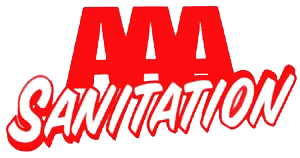
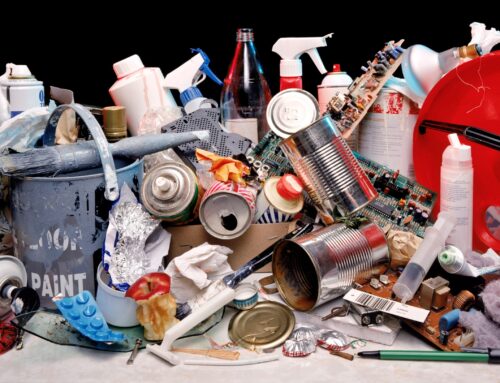
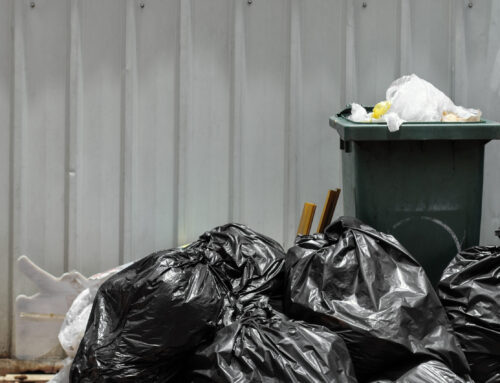
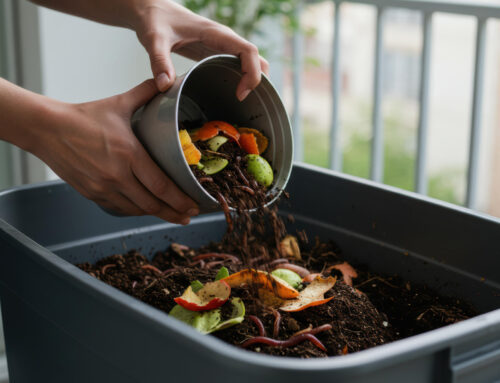
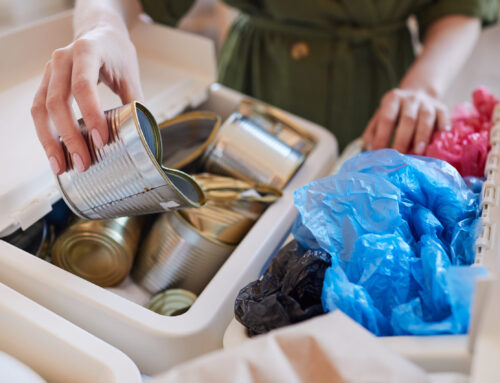

Leave A Comment